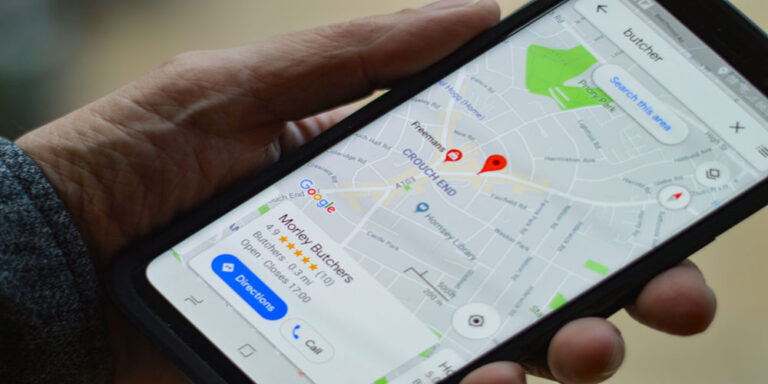
Police Crackdown on Pirate Site Ads
Websites illegally hosting copyrighted content have been targeted by City of London Police.
In an operation run by the Police Intellectual Property Crime Unit (PIPCU), 61 websites were identified as displaying unauthorised material. They were asked to “correct their behaviour” and “operate legitimately”.
Details of those that did not were passed to brands with a request to stop advertising on the sites in an attempt to reduce their revenue.
Forty websites have now been suspended.
A partnership known as Operation Creative, involving City of London Police, advertising bodies and representatives of the music and publishing industries, is designed to tackle internet-enabled crime.
In a pilot lasting three months, websites that had copyrighted material on them without consent were contacted by the police and asked to remove the content and operate within the law.
Brands whose adverts were found on the sites were asked to stop any advertising to reduce funding to the sites. If the websites continued to ignore warnings, their details were passed by police to domain name registrars explaining that they were “facilitating copyright infringement under UK law”.
This pilot approach lasted three months and during that time PIPCU said the presence of adverts from well-known brands decreased by 12%. However, there was a significant increase in adverts that led users to explicit content or exposed users to malware as websites tried to replace advertising from those well-known brands, PIPCU said.
“Operation Creative is being run… to really get to grips with a criminal industry that is making substantial profits by providing and actively promoting access to illegally obtained and copyrighted material,” said Supt Bob Wishart.
The scheme encourages offenders to change their behaviour so that they are operating within the law, he added. “However, if they refuse to comply we now have the means to persuade businesses to move their advertising to different platforms and, if offending continues, for registrars to suspend the websites,” he said.
Geoff Taylor, chief executive of BPI, said that it was important to disrupt funding to illegal websites.
“These sites expose consumers to scams and malware, deny creators their living, and harm brands by associating them with illegal and unsafe content,” he said.
It is hoped that the pilot will lead to a full operation starting in 2014.






